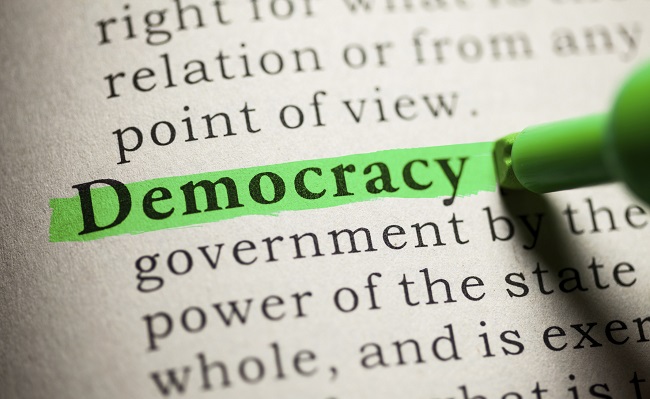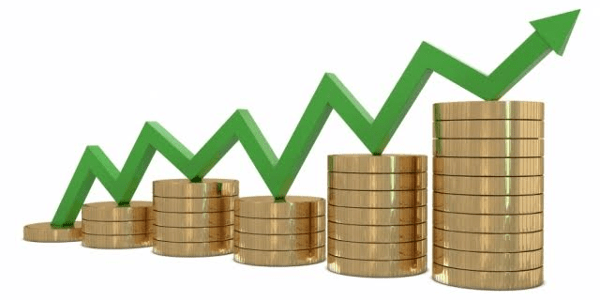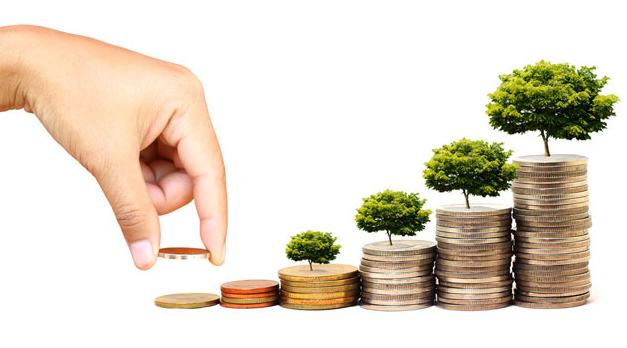 English
English

A recent study suggests that when it comes to growth, democracy significantly increases development.

Washington D.C: While Plato didn't really agreed with the idea of democracy, a recent study suggests that when it comes to growth, democracy significantly increases development.
The researchers suggest that countries switching to democratic rule experience a 20 percent increase in Gross domestic product (GDP) over a 25-year period, compared to what would have happened had they remained authoritarian states, the researchers report.
Also Read: Sign-language app for hearing-impaired voters in Punjab
“I don't find it surprising that it should be a big effect, because this is a big event, and nondemocracies, dictatorships, are messed up in many dimensions," said Daron Acemoglu, co-author of the study.

Overall, Acemoglu notes, democracies employ broad-based investment, especially in health and human capital, which is lacking in authoritarian states.
Also Read: Online voting technology of Right2Vote is now certified by Government of India
"Many reforms that are growth-enhancing get rid of special favors that nondemocratic regimes have done for their cronies. Democracies are much more pro-reform," he says.
The paper titled ‘Democracy Does Cause Growth’, was published in the Journal of Political Economy.

To conduct the study, the researchers examined 184 countries in the period from 1960 to 2010. During that time, there were 122 democratizations of countries, as well as 71 cases in which countries moved from democracy to a nondemocratic type of government.
The study focuses precisely on cases where countries have switched forms of rule. That's because, in part, simply evaluating growth rates in democracies and nondemocracies at any one time does not yield useful comparisons. China may have grown more rapidly than France in recent decades, Acemoglu notes, but "France is a developed economy and China started at 1/20 the income per capita of France," among many other differences.
Also Read: SC asks EC to file reply on increasing VVPAT sample survey per assembly segment
Researchers also found that countries that have democratized within the last 60 years have generally done so not at random moments, but at times of economic distress. That sheds light on the growth trajectories of democracies: They start off slowly while trying to rebound from economic misery.
"Dictatorships collapse when they're having economic problems. But now think about what that implies. It implies that you have a deep recession just before democratization, and you're still going to have low GDP per capita for several years thereafter, because you're trying to recover from this deep dive. So you're going to see several years of low GDP during democracy," Acemoglu asserted.

When that larger history is accounted for, Acemoglu said, "What we find is that [economies of democracies] slowly start picking up. So, in five or six years' time they're not appreciably richer than nondemocracies, but in a 10-to-15-year time horizon they become a little bit richer, and then by the end of 25 years, they are about 20 percent richer."
As for the underlying mechanisms at work in the improved economies of democracies, Acemoglu notes that democratic governments tend to tax and invest more than authoritarian regimes do, particularly in medical care and education.
"Democracies ... do a lot of things with their money, but health and education remain the two major areas where they invest," Acemoglu said.
For his part, Acemoglu emphasizes that the results include countries that have democratized but failed to enact much economic reform.
Also Read: Transgenders gets political space in poll season
"That's what's remarkable about this result, by the way," says Acemoglu. "There are some real basket-case democracies in our sample. ... But despite that, I would say, the result is there."
And despite the apparently sunny results of the paper, Acemoglu warns that there are no guarantees regarding a country's political future. Democratic reforms do not help everyone in a society, and some people may prefer to let democracy wither for their own financial or political gain. (ANI)